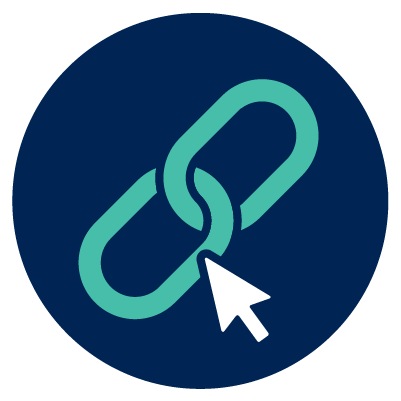Report abuse or neglect of a person with disability
To report abuse or neglect of a person with disability anywhere in Australia, contact the National Disability Abuse and Neglect Hotline (the Hotline) on 1800 880 052. The Hotline is a free, independent and private service.
If you or someone you know is in life threatening or an emergency situation, call 000 for help from police, fire or ambulance services.
If you have a speech or hearing impairment can use the One Zero Six (106) text based service.
For crisis support, please visit the Emergency contacts page.
Abuse covers behaviours that hurt someone or treat someone badly. This includes:
- physical abuse – such as punching, slapping, pushing and shaking
- sexual abuse – making someone take part in sexual activity they don’t want to do
- constraints and restrictive practices – stopping someone from moving freely other than when there is a medical or safety need
- forced treatments and interventions – such as making someone take medicine without their consent
- humiliation and harassment– including bullying and threatening and making someone feel ashamed or embarrassed
- financial abuse – using someone’s money without their consent or stopping them from using their own money
- significant breaches of privacy and dignity.
Neglect is not meeting someone’s basic needs or giving them necessary care. This includes:
- physical neglect – such as not giving someone enough food, shelter, clothing and medical care
- emotional neglect – stopping someone’s social, intellectual and emotional growth or wellbeing
- passive neglect –not giving proper care due to a lack of understanding or ability
- wilful deprivation – deliberately not providing help to someone and leaving them open to physical, mental or emotional harm.
Both individuals and whole systems or organisations can abuse and neglect people.
Making a report
If you or someone you know is being abused or neglected, you can contact the National Disability Abuse and Neglect Hotline.
To make a report you can:
- call 1800 880 052 Monday to Friday, 9am to 7pm AEST, except for national public holidays
- send an email
The Hotline is a free, independent and safe way to report abuse and neglect of people with disability, anywhere in Australia.
Anyone can use the Hotline, including family members, friends, service providers or a person with disability.
If you think a crime has been committed or is being committed, contact your local police.
The Hotline doesn’t deal with complaints or advocate for anyone.
Help to make a report
If you are deaf or have a hearing or speech impairment you can contact the National Relay Service (NRS) on 1800 555 677 then ask for 1800 880 052.
If you need to speak to someone in a language other than English you can use the free Translating and Interpreting Service (TIS) by calling 13 14 50.
If you need help to report abuse or neglect because of your disability, the Hotline staff can organise an advocacy service. These services can help support you to make a report.
What happens when you contact the Hotline?
When you call or email the Hotline you’ll need to give some details, including:
- your name, address and age
- some information about the service or place where the abuse or neglect is happening, or has happened
- the name of the person or people responsible for the abuse or neglect
- the name, age and address of the person being abused or neglected
- your permission for the Hotline to share this information with organisations who can investigate your report.
The Hotline staff are people who:
- understand disability
- are sensitive to the needs of people with disability
- are aware of the issues in the disability sector.
They may be able to give you advice straight away if you contact them by phone.
Please note, the Hotline doesn’t record phone calls, but they do take notes to make sure they have accurate information.
What happens after you make a report?
The Hotline staff will work with you to find the best way to deal with the abuse or neglect you’re reporting. They will give you information and refer your report to the right organisation.
The Hotline won’t take sides in the issue and doesn’t advocate for anyone.
Abuse or neglect in a government-funded service
If your report is about abuse or neglect in a government-funded service, the Hotline will pass the report on to the government body that funds the service. The funding body will then investigate the report.
Government-funded services for people with disability can include:
- open or supported employment
- accommodation
- community services
- respite care services.
All other reports of abuse or neglect
If your report is about abuse or neglect that isn’t in a government funded service, the Hotline will pass the report on to an organisation that can investigate the report. This might include an ombudsman or complaints-handling body.
Help to write referrals
The Hotline can help to write referrals to report abuse and neglect to:
- NDIS Quality and Safeguards Commission – for abuse and neglect relating to NDIS supports or services
- NSW Ageing and Disability Commissioner
- South Australian Adult Safeguarding Unit.
If you or someone you know is being abused or neglected, you can contact the National Disability Abuse and Neglect Hotline (The Hotline) on 1800 880 052. Or email.
Complaints about the Hotline
Contact the Department of Social Services (DSS) Complaints – 1800 634 035 if you want to complain about the service you have received from the National Disability Abuse and Neglect Hotline.
Useful Downloads
Last updated:
Report abuse or neglect of a person with disability
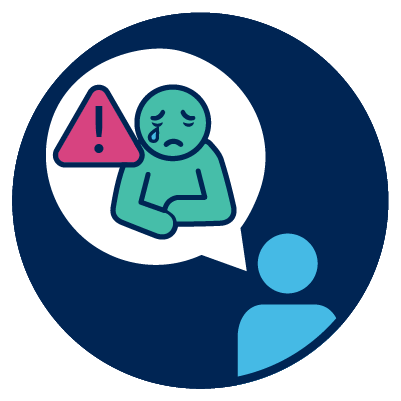
You can report people who treat you or another person with disability badly.
How to report abuse or neglect
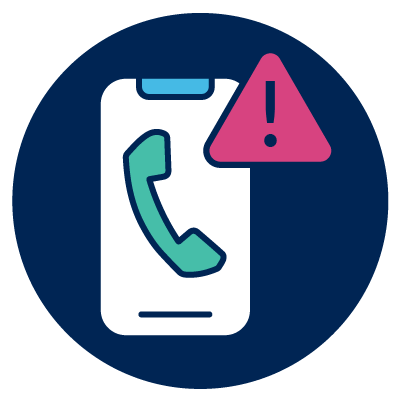
You can contact the National Disability Abuse and Neglect Hotline if someone is treating you or another person with disability badly.
We call it the Hotline.
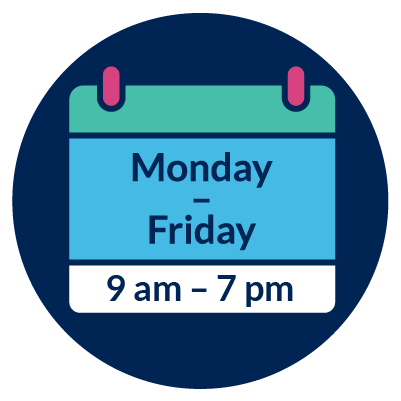
You can call them from anywhere in Australia Monday to Friday, 9 am to 7 pm.
You can email them.
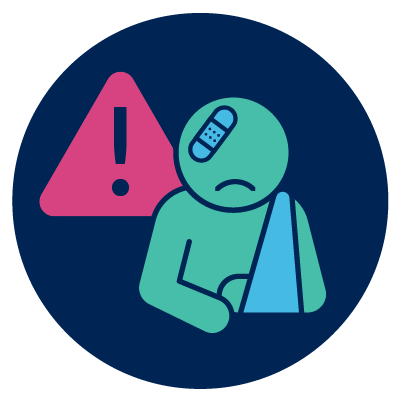
You can contact the Hotline to report Abuse is when someone hurts, scares or controls you.
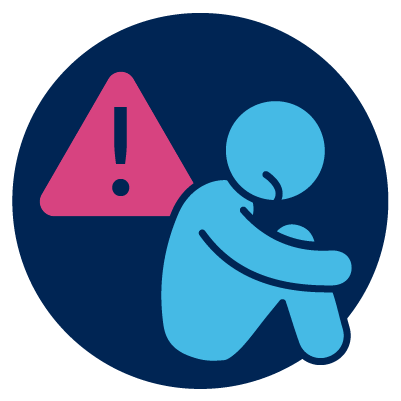
You can also contact the Hotline to report Neglect is when someone is not helping you the way they are supposed to help you.

The Hotline is:
- free and safe
- When something is independent, it doesn’t take sides.
Anyone can use the Hotline, including family members and friends.
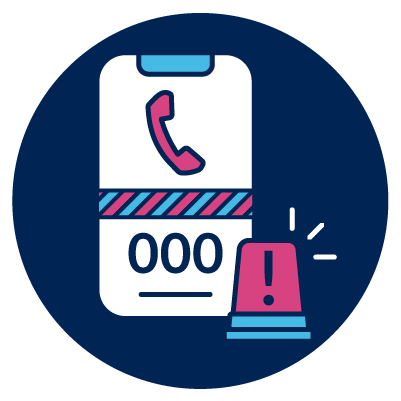
If you or someone you know is in danger or someone committed a crime, please call Triple Zero.
000
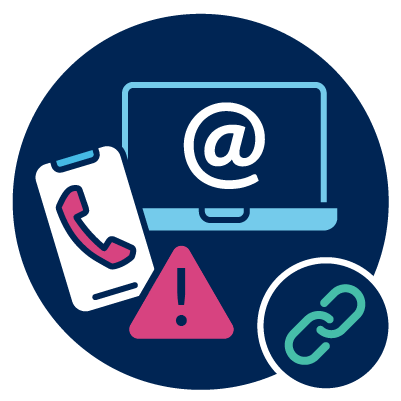
If you need support right now with a problem, you can visit our Emergency Contacts page.
Support to report a problem
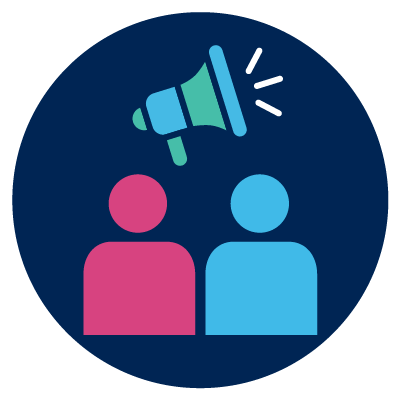
The Hotline staff can organise for an Advocacy services support you, help you have your say and give you information and advice. to support you to report what happened.
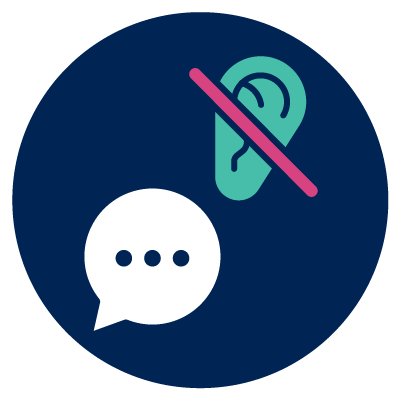
The National Relay Service (NRS) can support you to report abuse or neglect.
They support people who:
- are deaf or hard of hearing
- have trouble speaking.
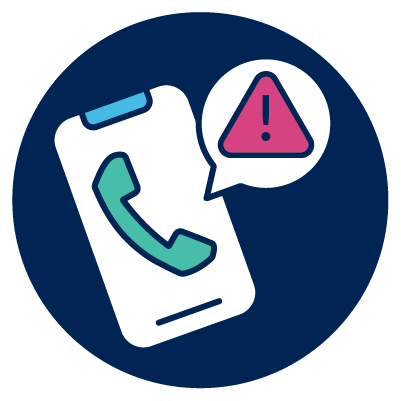
You can call the NRS.
1800 555 677
Then ask them to contact the Hotline.
1800 880 052
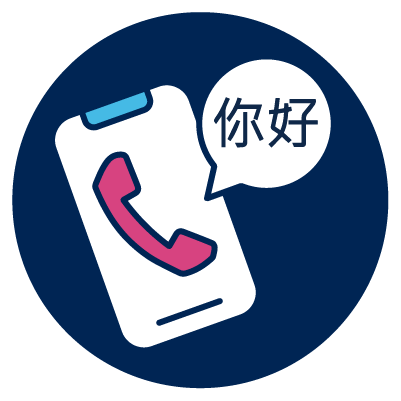
You can also get support if you speak a language other than English.
You can use the Translating and Interpreting Service (TIS).
You can call them.
13 14 50
What happens when you contact the Hotline
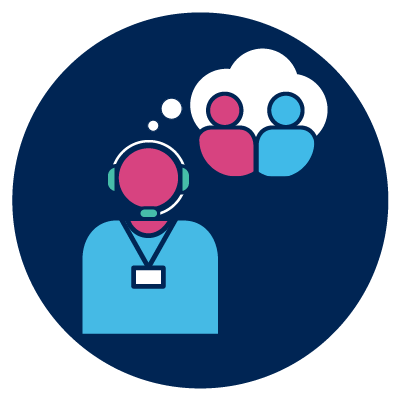
The Hotline staff member who answers your call understands:
- how to support people with disability
- how services work for people with disability.
They might be able to tell you what to do straight away.
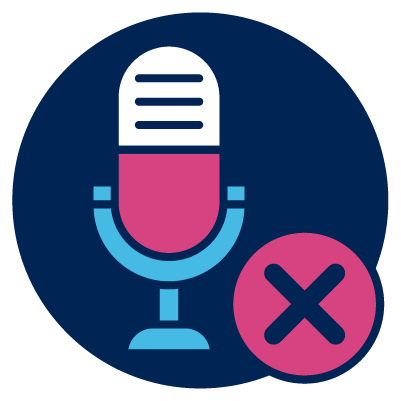
Hotline staff members won’t record your phone call with them.
But they do take notes to make sure they remember what you told them.
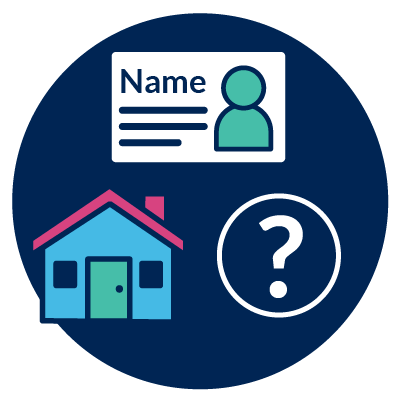
They will ask for your:
- name
- address
- age.
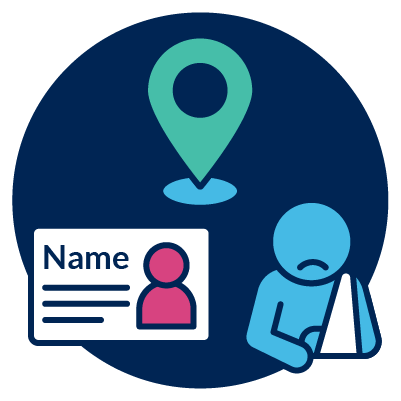
They will also ask about:
- where the abuse or neglect happened
- the name of the people who did it
- who it affected.
After you report abuse or neglect
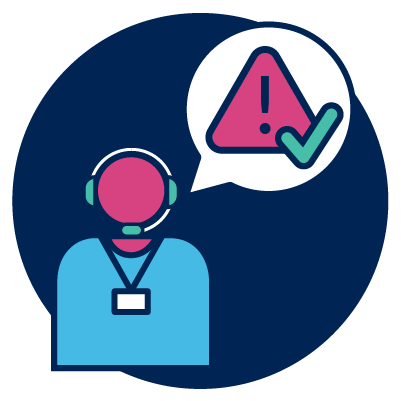
The Hotline staff will try to find the best way to deal with the abuse or neglect.
They won’t take anyone’s side.
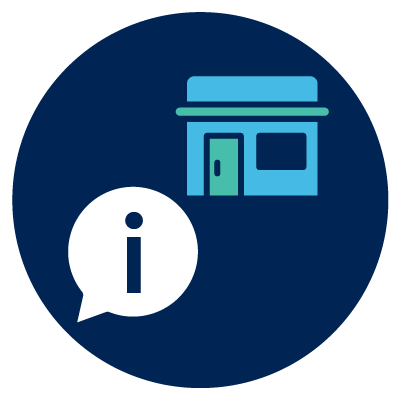
They will ask if they can give this information to other organisations who can:
- look into it
- help you.
Different types of abuse and neglect
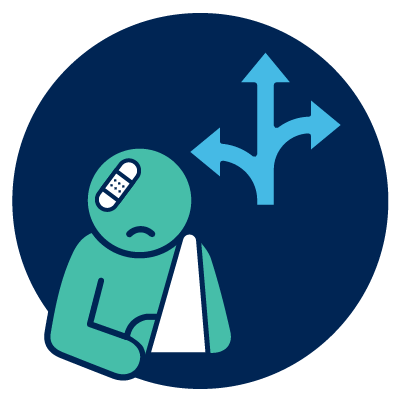
There are different types of abuse.
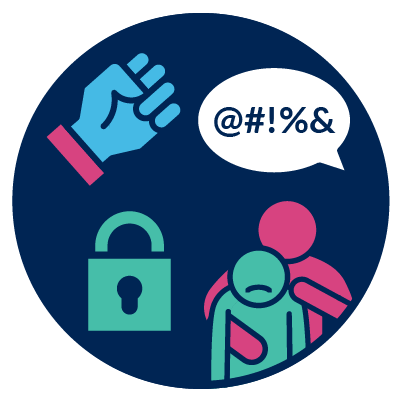
For example, if someone:
- hurts you, such as punching or slapping you
- threatens or bullies you
- stops you moving in a way that hurts you
- When someone sexually abuses you, they do something sexual to you that you don’t want them to do. Or they make you do sexual things you don’t want to do. you.
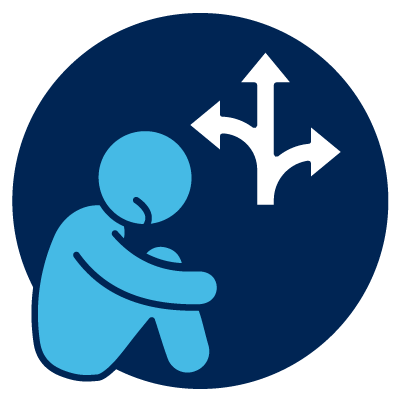
There are different types of neglect.

For example if someone:
- doesn’t give you enough food or clothing
- doesn’t let you see your friends and family
- stops you getting the support you need.
What the Hotline can support you with
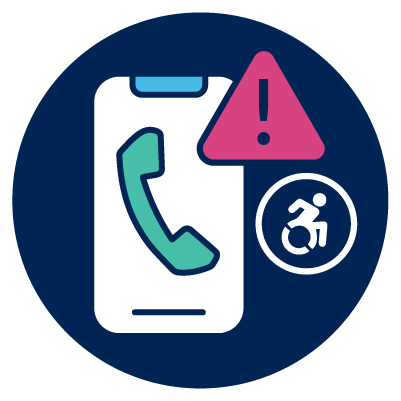
The Hotline can support you with any type of abuse or neglect of a person with disability.
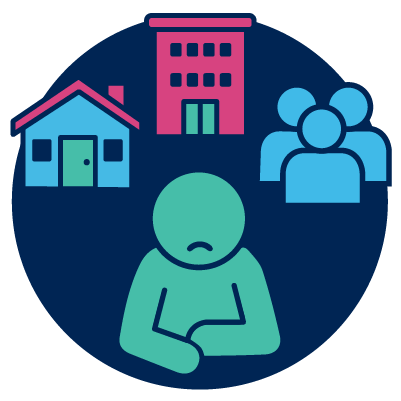
This includes abuse or neglect:
- in your home
- at work
- in the community
- from a service.
Abuse or neglect in a service the government pays for
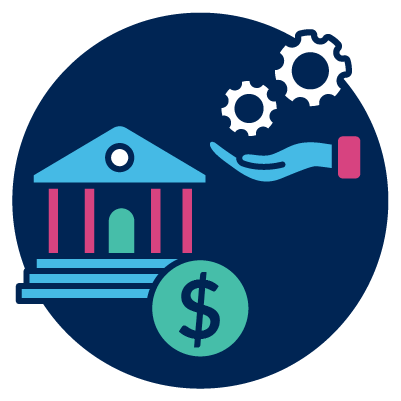
The Hotline can help if you report a service that the government gives Funding is money from the government to pay for services and supports. to.
They will tell the area of the government that gave that funding to the service.
And that area of government must look into the problem.
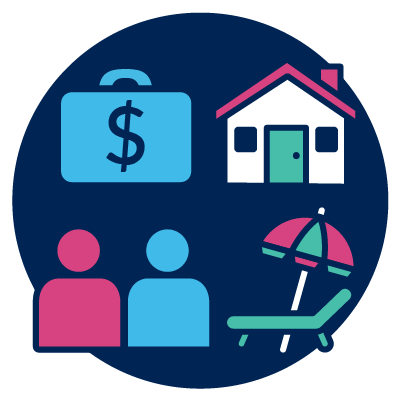
These types of services include:
- employment services – that help you find and keep a job
- accommodation
- community services
- respite services – when someone takes a break from caring for someone with disability.
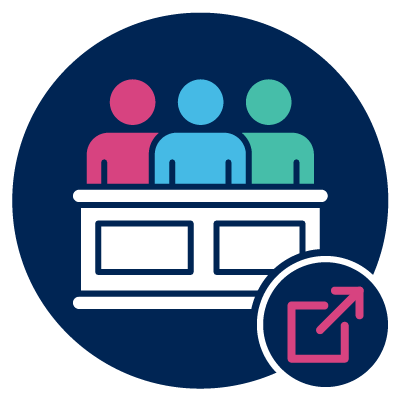
The Hotline can help if you want to report someone who is part of the National Disability Insurance Scheme (NDIS).
The Hotline can share your information with the NDIS Quality and Safeguards Commission (the Commission).
You can visit the Commission’s website to find out more.
How to make a complaint about the Hotline
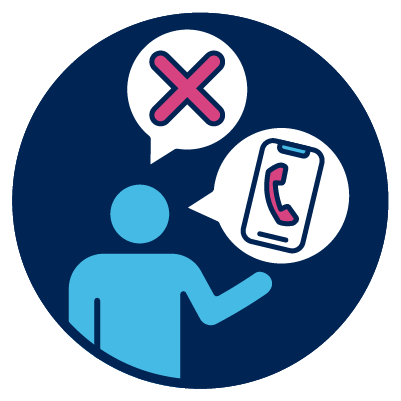
You can contact the Department of Social Services (DSS) if you want to make a complaint about the Hotline.
For example, if you aren’t happy with how a staff member treated you.
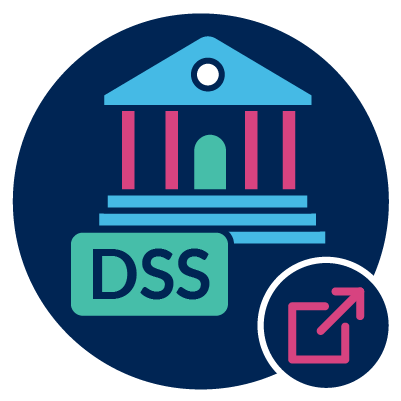
You can visit the DSS website to find out more.

